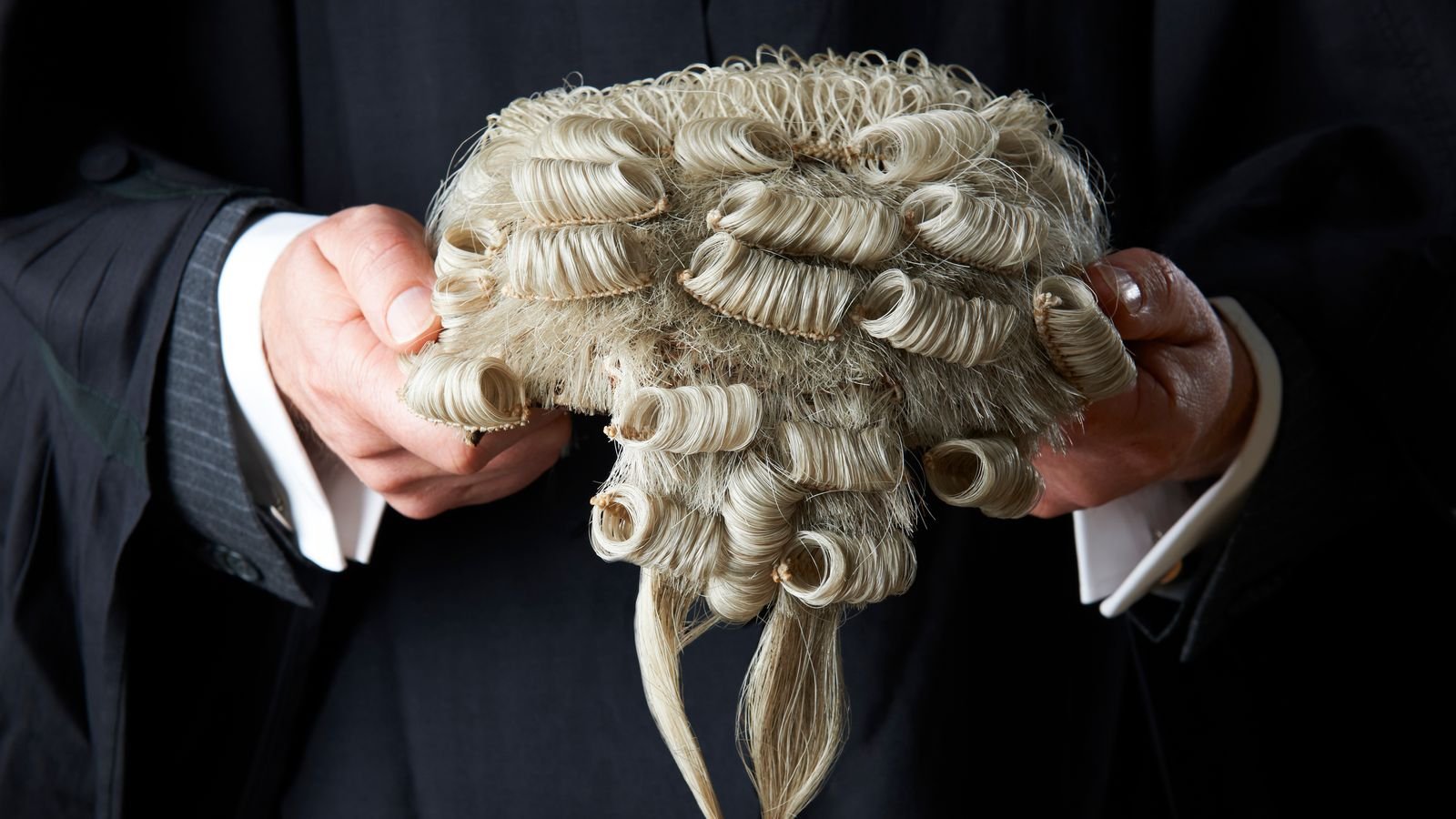
Judicial review is essential to the rule of law.
Judicial review is the legal backbone of the rule of law in the UK — ensuring that even the government must act within the bounds of law, fairness, and accountability.

The separation of powers is a vital principle in theory, but in practice it is blurred and flexible in the UK.
The UK’s blurred separation of powers may lack rigid form, but it delivers resilient function — striking a balance between flexibility and constitutional accountability.

The Human Rights Act strikes the right balance between protecting rights and preserving parliamentary sovereignty.
The Human Rights Act 1998 carefully balances the protection of individual rights with the preservation of parliamentary sovereignty, fostering dialogue between courts and legislators without undermining democratic authority.

Parliament remains legally sovereign, but its power is increasingly constrained in practice.
While Parliament remains legally sovereign in theory, its authority today is shaped by a web of political realities, constitutional conventions, and judicial principles that reflect an evolving, not eroded, model of sovereignty.

Is the rule of law meaningless unless it is backed by judicial enforcement?
While multiple institutions support the rule of law, it is judicial enforcement that gives it practical and enforceable meaning.

The Expanding Boundaries of Vicarious Liability: A Necessary Evolution or a Step Too Far
As vicarious liability continues to expand beyond traditional employment relationships, recent rulings—such as DJ v Barnsley Metropolitan Borough Council [2024]—raise critical questions about fairness, institutional responsibility, and the future limits of liability in tort law.

Negligence in Contact Sports: The Legal Challenges of Rugby-Related Neurodegenerative Disease Claims
The thrill of contact sports lasts for years, but for many athletes, the consequences of repeated brain trauma last a lifetime—are we doing enough to protect them

An Examination of the Occupiers’ Liability Act 1957: Balancing the Interests of Visitors and Occupiers, and Its Ongoing Suitability
Occupiers’ liability law seeks to balance visitor safety with fairness to occupiers, but does it strike the right balance, or does judicial discretion create inconsistencies that warrant reform?

Intoxication does not excuse wrongdoing; it aggravates it. In fact, it is better described as an anti-defence than a defence.’
This essay will examine when intoxication can and cannot be used as a defence in the criminal justice system and evaluate the fairness of its application.
